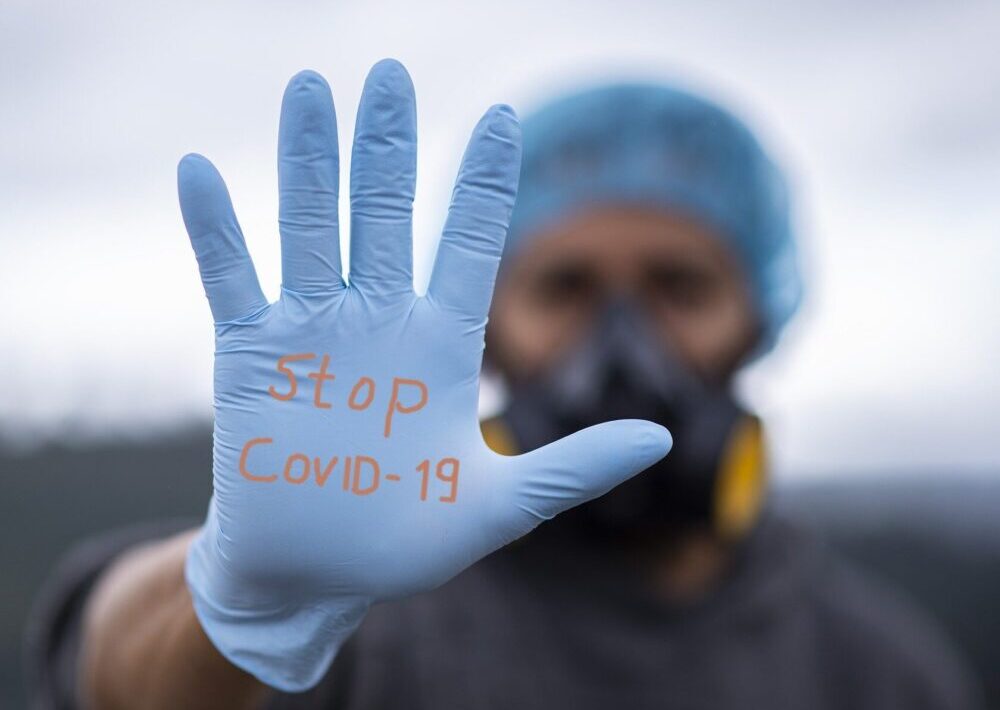India now has reached the fifth position to be the country most affected by the pandemic. The crisis and the downfall have made the government and citizens equally fearful and uncertain citizens. Things are in a constant state of flux where appropriate circumstances and situations have become hard to predict, and every minute counts on a discovery about the virus and how it might next progress to disrupt humanity in so many other ways. Policies, medical innovations, economy everything calls for attention, and the policymakers are proceeding with one at a time approach to be able to function well and figure out solutions as for the welfare for each individual in the country.
Amidst the hocus-pocus, health & wellness equally requires a static understanding as to what the officials have to say about the virus and the humanitarian disaster caused. Recently, the Health Secretary Rajesh Bhushan gave his comments saying,
“In a country the size of (and with) a population like India, herd immunity can’t be a very pivotal option or a choice per se. It can be an outcome, and that too at a very high cost…”.
To understand what he is trying to say, it is necessary that a basic understanding of Herd Immunity is there in everyone because that would clear as to what the government is fearful of right now.
Herd Immunity and its relation to COVID Virus
Herd refers to the entire population of a country or at least the majority of the proportion. Herd Immunity would mean that a more substantial portion of a community becomes immune to a disease, which is only likely to be possible when the illness transmits from one individual to the other, thus forming a chain. So, the entire section of that community becomes preserved from the disease and not only just the individuals who are immune to that since the ratio of higher-risk individuals decreases and everyone is protected. Now this population may also include lives such as newborn infants and weak resistant people where their immune might not be able to resist the virus through the generated antibodies.
Herd Immunity at a whole level could also be termed as- protection of the at-risk populations in a country. But countries, where there is a massive population like India things, might not accurately turn out as the visionaries are thinking off. The situation would require defining two categories by whose way we can develop Herd Immunity.
Two ways defining the development of Herd Immunity
- By natural ways, as in the conventional way our body works when it comes in contact with a virus, it generates antibodies that are done by the white blood cells (B cells) to help fight the infection. B Cells develop a memory about the virus and create antibodies in the future by binding itself with the virus to prevent the disease in harming the functioning of the organs. The body would defend itself from any future infections. When a certain proportion has become prone to the infection, ultimately, the virus won’t have any way to go.
- By way of Vaccination, Vaccination is a way to immune people of the virus since they develop immunity without any side effects or complications to one’s health. In history, there have been several contagious diseases such as Influenza, Polio, etc. which had been prevented by the method of herd immunity. Thus, introducing vaccines to help prevent the virus from the body.
Why is Herd Immunity not a very ‘strategic option’ for India?
The Indian health ministry’s opinion of not applying herd immunity in India to halt the spread of virus provides a clear purpose of an impossibility with such a vast population rate along with other demerits. This method won’t function without giving away a tremendous amount of population.
- First, the scientists and medical experts are skeptical about whether the infection is likely not to occur in an individual who has been previously infected by the COVID Virus because there has been a fewer amount of reports of reinfection in individuals.
- Secondly, to develop Herd immunity, a more considerable amount of people will have to be hospitalized, and this would become a cause of death for so many, especially in a country like India where there is a vast population.
- Protection from certain vaccines become wane primarily within a period, and hence, revaccination is needed.
- The significant issue right now is the unavailability of a vaccine for the newly emerged virus.
All the factors above clarify that herd immunity cannot be an option to go forward with India, and the best way will remain right now to follow the social norms and guidelines provided by the government and doctors.




